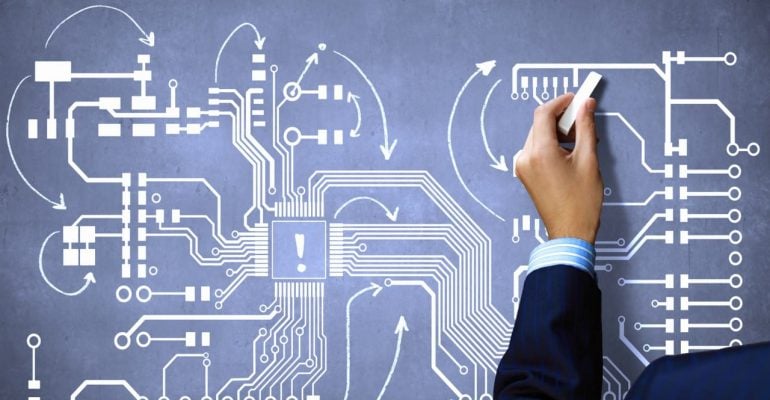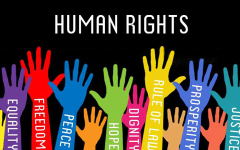Human Rights: The Cornerstone of Global Harmony and Justice
January 10, 2024 2024-01-10 11:49Human Rights: The Cornerstone of Global Harmony and Justice
Introduction
Human rights, the basic rights and freedoms that belong to every person in the world, are the foundation of freedom, justice, and peace in our global society. This article explores the significance of human rights, the challenges they face, and the collective efforts needed to uphold them.
The Universal Declaration of Human Rights
The milestone in the journey of human rights was the adoption of the Universal Declaration of Human Rights (UDHR) in 1948. This historic document, a product of the aftermath of World War II, set out, for the first time, fundamental human rights to be universally protected. It signifies a global acknowledgment that all human beings are born free and equal in dignity and rights.
The Spectrum of Human Rights
Human rights encompass a broad range of rights such as civil, political, economic, social, and cultural rights. These include the right to life, freedom from torture, freedom of expression, the right to work, and the right to education. Protecting these rights is central to ensuring a dignified human life.
Current Challenges to Human Rights
Despite global recognition, human rights violations persist. Conflicts, poverty, discrimination, and injustice continue to plague various parts of the world. Issues such as human trafficking, child labor, and suppression of freedom of speech are stark reminders of the ongoing struggle for human rights.
The Role of Global Organizations
Organizations like the United Nations, Amnesty International, and Human Rights Watch play a pivotal role in monitoring and advocating for human rights. They work tirelessly to expose violations, hold perpetrators accountable, and support the victims of human rights abuses.
The Power of Education and Awareness
Education is a powerful tool in the promotion and protection of human rights. Raising awareness about rights and freedoms, particularly among vulnerable populations, empowers individuals and communities to demand and defend their rights.
The Impact of Technology and Social Media
In the digital age, technology and social media have become powerful platforms for human rights advocacy. They offer unprecedented ways to spread information, mobilize support, and initiate change, albeit with challenges like misinformation and digital surveillance.
The Importance of Participation and Inclusion
Realizing human rights requires the active participation and inclusion of all members of society. Every individual has a role in advocating for and upholding human rights, ensuring that no one is left behind.
Looking Forward: A Collaborative Effort
The journey towards global human rights is ongoing. It requires the collective effort of governments, organizations, and individuals. By working together, we can build a world where everyone enjoys the full spectrum of rights and freedoms, regardless of their background or beliefs.
Conclusion
Human rights are more than legal concepts; they are the essence of our humanity. As we face complex global challenges, the commitment to these fundamental rights is our hope for a peaceful, just, and equitable world. Upholding and promoting human rights is not just a collective responsibility but a testament to our shared humanity.
Related Posts
Popular Tags





















